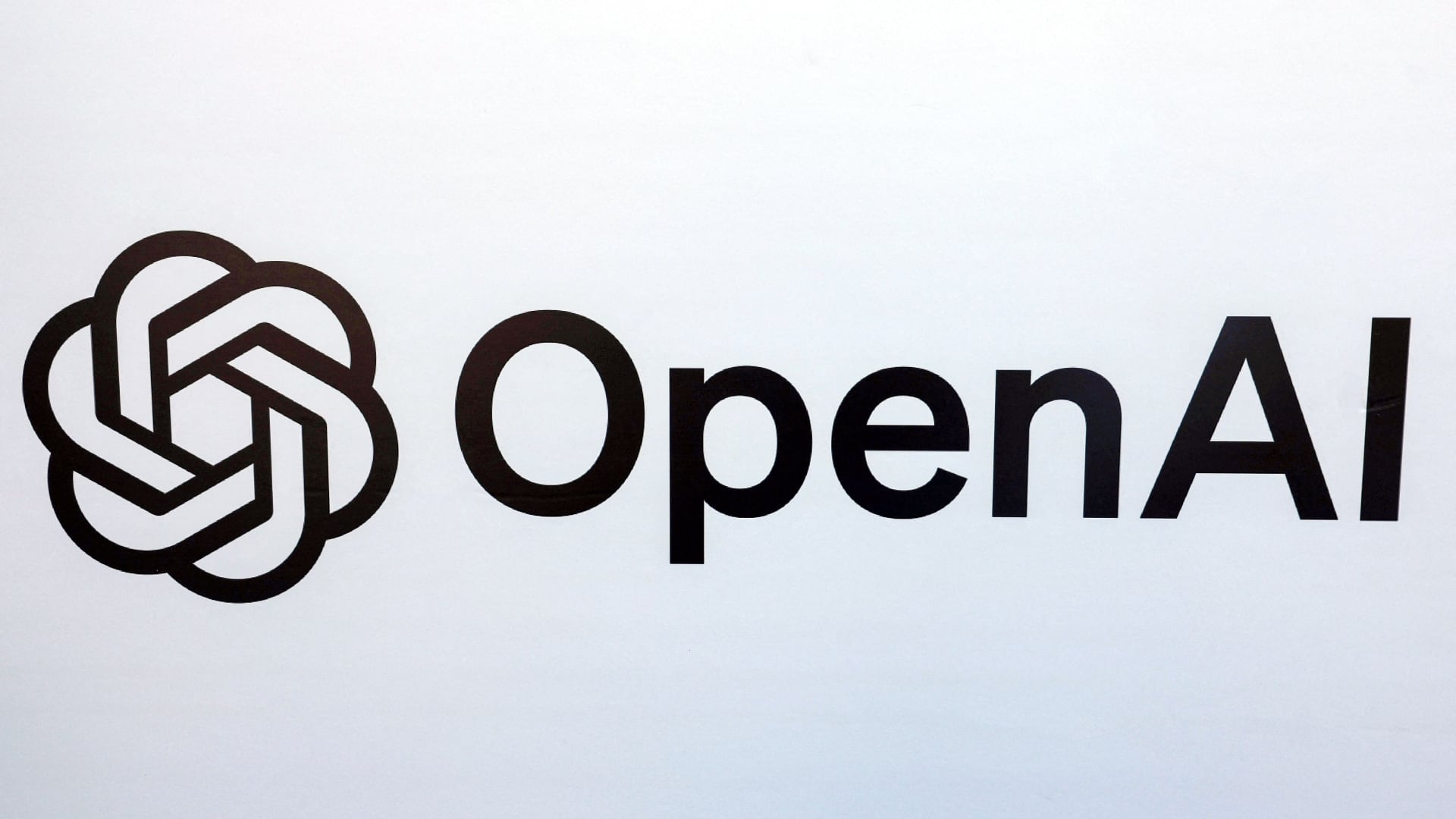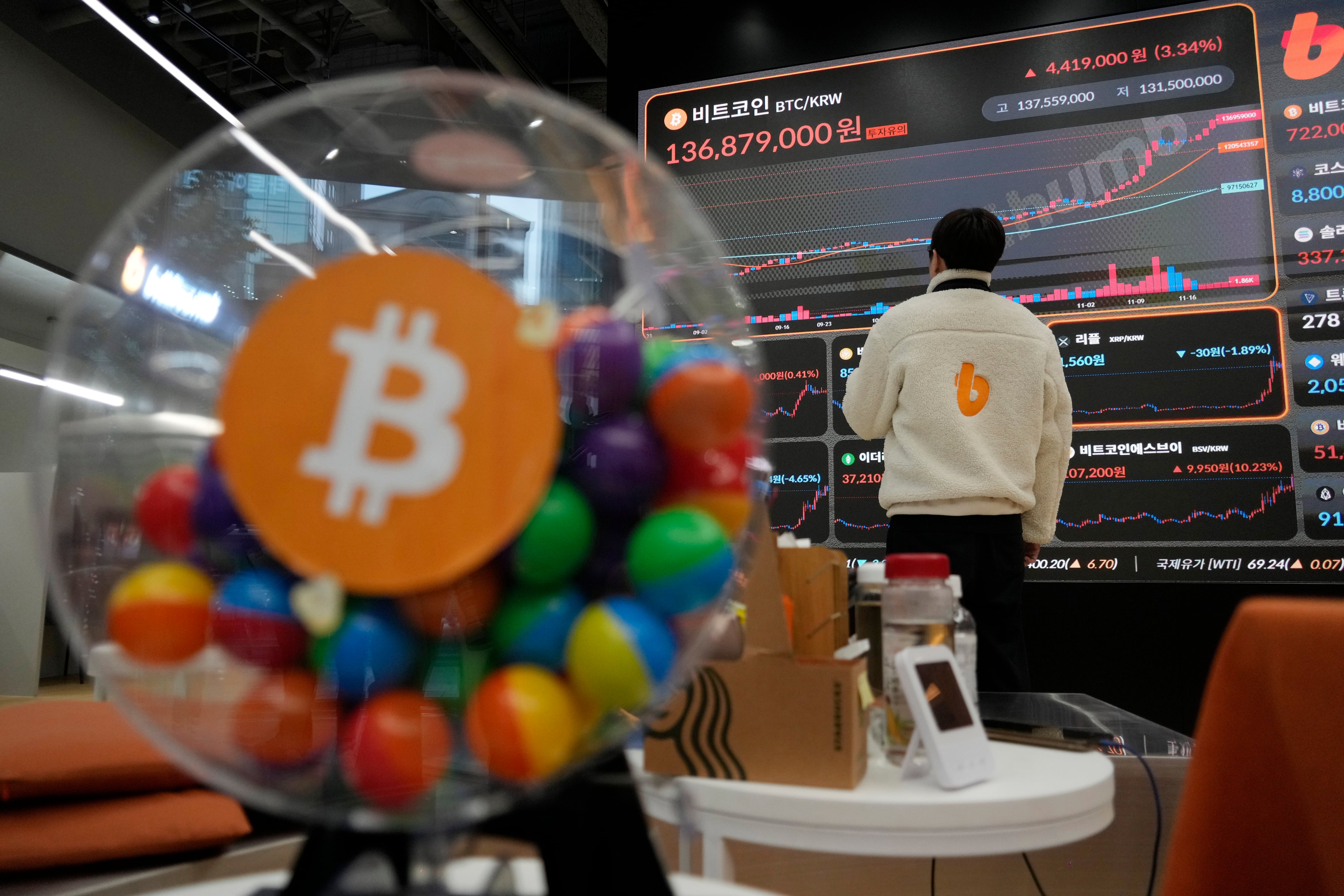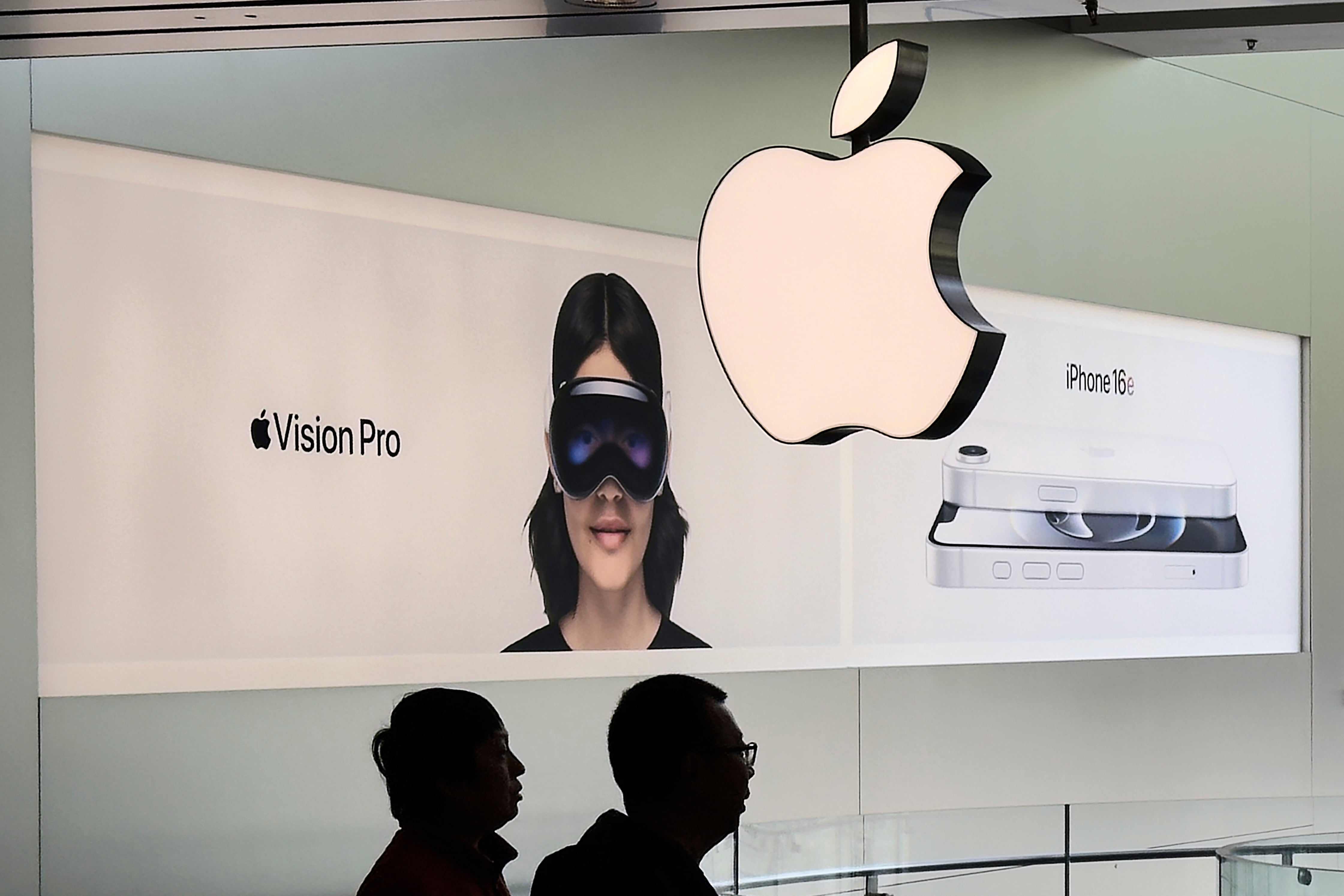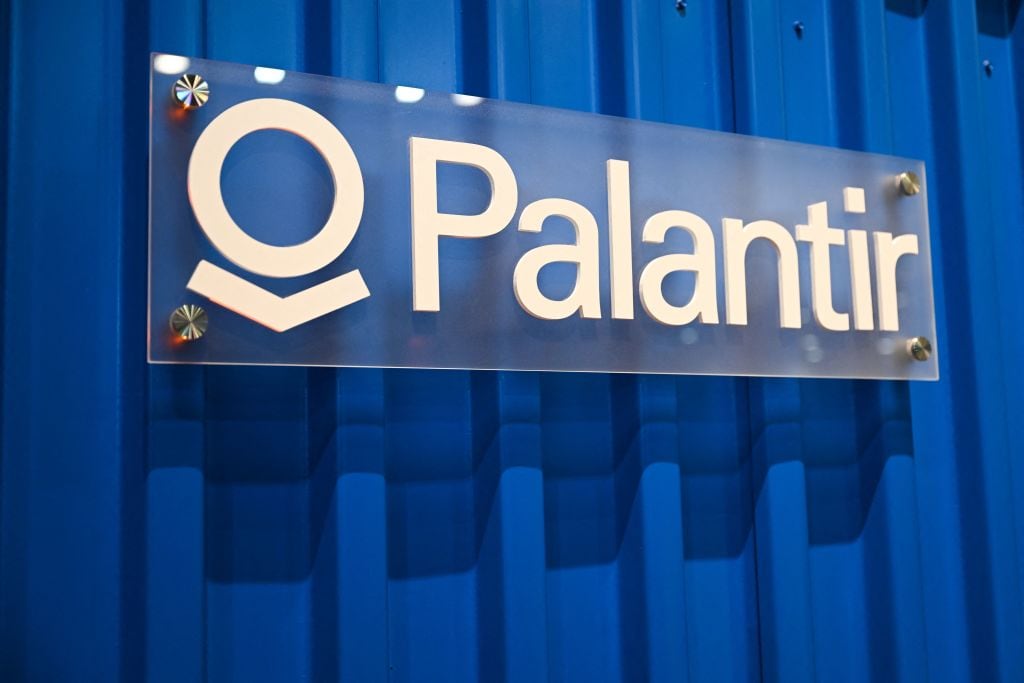Four Seasons Education is the latest Chinese education company to tap the U.S. market, making its debut on the New York Stock Exchange Wednesday. While the stock finished the day below its $10 IPO price, chief financial officer and board member Joanne Zuo sees opportunities for growth ahead. The executive points out that most of the big players in Chinese education each concentrate in different segments so aren't directly competing with one another. Four Seasons, for example, is focused on math. And as a result, Zuo says they're not crowding each other out of the market and predicts more will go public. “There remains huge room for young companies like us,” she said. Consulting firm Deloitte recently described the Chinese education market as entering a “golden age.” The company noted that, since 2015, there’s been a stream of social capital invested in the industry, whether through private fundings or mergers and acquisitions. “Open policies, economic development, and international culture communication has gradually increased the foreign capital flow into China's education industry,” the firm said in a statement. And the country's tight policies and strict government regulations may actually benefit the company in the long run, says Zuo. “The government enhances the requirements for compliance, and that will help us to gain more market share from those small players, who don’t really provide good facilities for students,” she said.












